Leadership isn't a Battle - Usually...
You have to make decisions like you’re commanding an army.
You have to strategize like a chess grandmaster.
You have to align divergent perspectives like you are conducting an orchestra.
These are all metaphors for leadership. None of them is wrong - in fact, they’re all quite good. But nor does any one of them fully capture the day-to-day of leading organizations.
The bread-and-butter of management is less thrilling, less thoughtful, and less romantic than battles, games, and music.
You don’t have to have been a leader for long to have experienced the “whack-a-mole” side of the job.
You fix one problem, another surfaces.
You make a positive change for the team, but a few members grumble.
You invest in one part of the business - and risk emptying the coffers for another.
I’m talking about unintended consequences. And there are many, many examples. To name a few:
A star performer is thinking of leaving, but would stay for a modest raise and title bump. Easy - bump their salary and add “senior” to their title. The upshot? All your mediocre performers start asking for the same - pointing out that they’ve worked there longer anyway and “I thought you only promoted people at the end of the year.” (Hello, early-career me!)
You finally lay off a persistent underperformer whose antics proved a source of stress for the team and a drain on productivity for the business. Great, and about time, too. But wait—now the rest of the team is wondering when you might let them go. Congrats, now you’re working in a shiny new trust vacuum.
Someone once expensed a pricy breakfast because they had to come in early. So let’s institute an approval process. The unintended consequence? Your top salesperson had a client pay for a meal as they didn’t get advance approval for the expense and panicked in the moment.
Mulling these examples over, it’s little wonder many of us get to management and start to think maybe we’d have preferred to remain an individual contributor after all. (A few pointers to that end.)
What to do? As my daughter might say, “I can tell you, but you’re not gonna like it.”
Fortunately, we didn’t come here to make friends.
Here are three ways to limit the fallout of your leadership decisions:
Thoughtful planning. At a minimum, take a moment before announcing a decision to game out the consequences. Put yourself in the shoes of anyone who might be impacted. And while you shouldn’t withhold a well-deserved promotion for fear of offending the less deserving, you should be sensitive to the shift in team dynamics that might result. Perhaps you can provide clearer feedback and revisit how you communicate expectations and promotion criteria more globally. Perhaps you can ask yourself, “how is [colleague] likely to respond?” or “What’s the new incentive structure around expenses now that we’ve [imposed a limit on daily spends - will everyone simply claim the maximum?]?”
Acceptance. Here’s a leadership metaphor I can get behind: The work of leadership is like farming. You’re not growing crops - you’re creating the conditions for crops to grow. And to stretch that metaphor, you’re also charged with predicting the weather, handling the budget, and dealing with the setbacks, the uncertainty - and, yes, the unintended consequences all that entails. I like this analogy because it acknowledges that circumstances are often beyond our control, but the decisions we make are not, and accountability is always present. (Nothing like a paltry harvest to bring home the consequences of our actions or inactions.)
Clear communication should color every layer of your organization. Full transparency can work against the whole team - but clarity will engage, direct, and reassure. Consider providing clear communication about the following - and, for bonus points, co-create the first couple of these with your team:
Strategy - what’s the long term direction of your organization? If your team knows, they can help you get there.
Values - what shapes your work? And which of these values are realized or merely aspirational? Figure it out, talk about it, share examples, encourage reflection, and - most of all - listen.
Post-mortems - how did the project go? What did we learn - individually and as a team? What will we do again and what will we be sure to skip? A post mortem is a straightforward way to foster a learning culture and build in recognition and coaching along the way.
Recognition - how often do you tell someone when they’re doing something well? As someone who talks to your employees often, let me remind you that it’s probably not enough. A shout-out in a meeting or an emailed/Slacked “great job” is nice, but it’s easy for people to stop hearing such bland praise. Instead, be specific and speedy. “[colleague], you did a great job of guiding the client through a tough process in today’s meeting. You listened, you reassured, and you kept things forward-looking. Everyone walked away smarter.” (Better than “great job”, eh?) Often, the people who would benefit from recognition the most are the last ones to seek it out.
Performance-improvement feedback - this is almost universally handled poorly. Which is a headache for you, a heartbreak for your team, and a missed opportunity for your business. We have a framework, but we also have the time and insights to help you make it your own.
What’s your preferred metaphor for leadership? Let us know.
—
Ellie Hearne helps leaders bring strategy and culture together. As founder of Pencil or Ink, she has worked with dozens of industry-leading companies, one or two government agencies, and a handful of non-profits. She is Head Tutor of Oxford University’s Strategic Innovation Program and is Treasurer of the University of St Andrews American Foundation.

